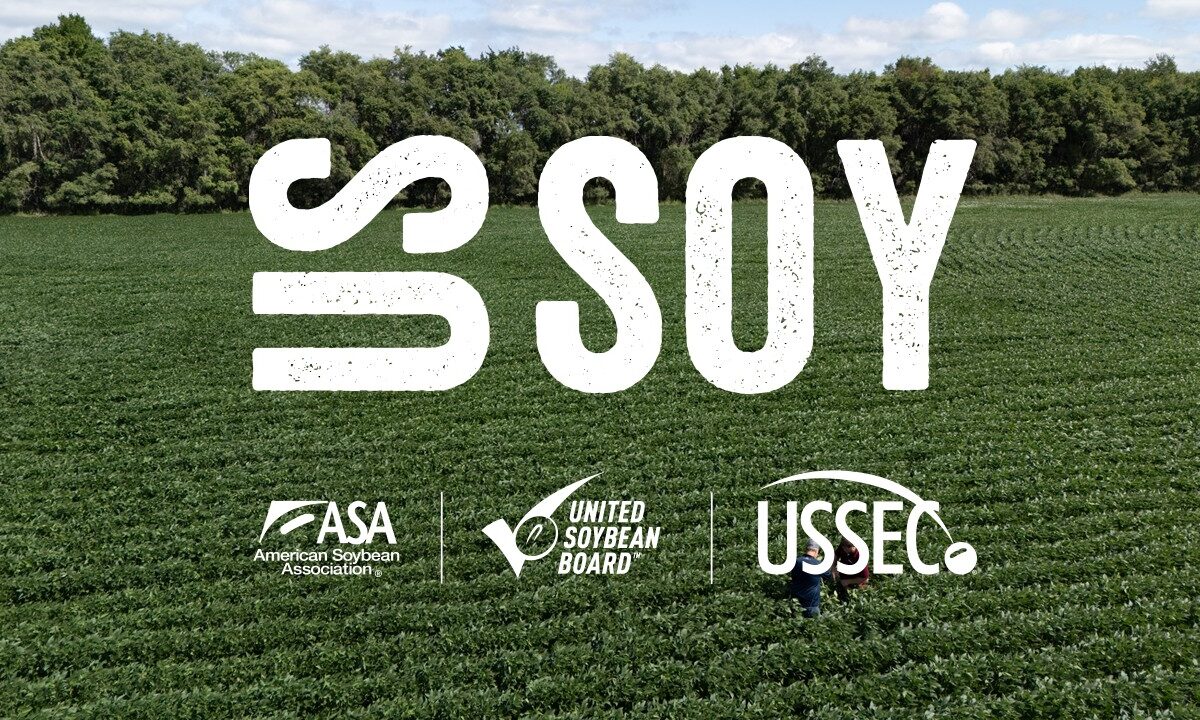Rural Broadband in America

U.S. soybean farmers depend on the internet to be successful in their operations, just like any business. Unlike other businesses, farmers need access to the internet from a wide range of places throughout the day. While some hours are spent at a desk, others may be in a truck on a rural highway or a tractor in the back 40.
For farmers and others living in rural areas, broadband connectivity both in their offices and out in their fields is crucial to making sound business decisions. According to a new study commissioned by the soy checkoff, “Rural Broadband and the American Farmer,” approximately 60% of farmers and ranchers in the United States do not feel they have adequate internet connectivity to run their businesses. Because 78% of farmers lack internet provider options, they cannot change providers to get faster connectivity.
Additionally, a report released by the U.S. Department of Agriculture, “Farm Computer Usage and Ownership (August 2017),” states 29% of U.S. farms have no internet access at all.
Sustainability and Efficiency Need Connectivity
U.S. soybean farmers need strong, reliable connectivity. Innovations, specifically field technology such as autosteer, drones and sensors, require broadband connections. These tools improve farmers’ and ranchers’ precision and efficiency. Reliable connectivity paired with these technologies allow operations to use less fuel, water and pesticides, improving sustainability and creating overall better quality for how farmers run their operations.
“Broadband access is critical,” says Philip Good, soybean farmer-leader from Macon, Mississippi. “It affects everything from our irrigation systems, moisture sensors, combines and feeding and, in the office, access to market information, emails and instructional videos. It impacts every aspect of our business.”
Unreliable broadband connection leaves farmers with missed opportunities, unable to realize the full potential of their technology while out in the field.
Farmers like Good want to adopt new practices and applications to become more sustainable. Now farmers can monitor how different soils behave throughout the growing season via an app. They can also calculate pesticide rates to protect crops and minimize impact.
A lack of connectivity prevents the implementation of these practices for many farmers. Over half plan to incorporate more data into their operations to make better decisions. But slow internet speed, high costs and unreliable connections are barriers to having that data. Only 19% of the farmers from the USB survey rated their internet in the field as fast enough to transfer data effectively. And 67% of farmers believe that it is at least moderately important from the field.
The Economics Beyond the Farm
Even though the farmer feels the repercussions of slow internet connectivity, so does their community, the agriculture sector and the U.S. economy.
Farming contributes nearly $133 billion of the U.S. gross domestic product, and farms that run on limited internet connections contribute nearly $80 billion to GDP. Farmers know the challenges all too well. Good says the lack of rural broadband in his area impedes his business.
It’s not just the farmers’ businesses. The lack of rural internet impacts $13 billion in annual farm equipment purchases. According to the checkoff survey, nearly one-third of farmers said connectivity had impacted their purchase decisions to upgrade farm equipment. New farm equipment includes extensive technology, but if farmers don’t have the connectivity to use it, it’s an upgrade that doesn’t always recoup the investment.
R.J. Karney, director of congressional relations and broadband specialist with the American Farm Bureau, says, “Broadband is no longer a luxury. It’s a necessity.” Karney encourages farmers to talk about the impact the lack of broadband access has on their operations and their communities.
Internet connectivity is a lifeline for U.S. soybean farmers. Farmers utilize the internet as much as any business. If they’re in the tractor in their back 40, they certainly don’t want to go miles to the shop to look something up. Farmers should have the same access to broadband connection in their office or in their fields. Strong connectivity gives farmers the opportunity to reinvest in their businesses and run them to full potential, benefiting them, their community and, ultimately, the U.S. economy.



